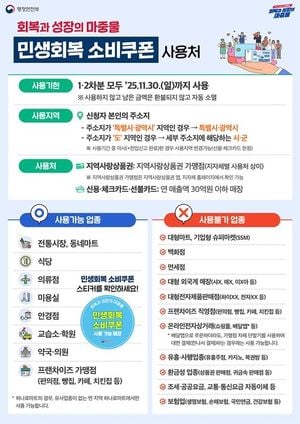On January 20, 2025, President Donald Trump’s return to the White House was marked by swift and far-reaching policy changes, initiated through numerous executive orders. These actions signal Trump's intention to reshape federal policy dramatically, reversing many key initiatives of the previous administration. From dismantling diversity, equity, and inclusion (DEI) programs to withdrawing from international agreements, the new administration aims to cement its “America First” agenda.
Among his first acts, Trump signed executive orders affecting federal health policies, significantly impacting communities reliant on effective government programs. One of the highlighted orders rescinds efforts by the former Biden administration to lower prescription drug costs and expand access to healthcare, canceling various previous initiatives aimed at improving the Affordable Care Act enrollment process. The president's actions came alongside announcements of regulatory freezes, pausing all external communications within the agencies of the Department of Health and Human Services (HHS) until early February. These abrupt changes may create gaps in healthcare provision as agency staff navigate this transition period.
"World Health ripped us off," Trump declared as he signed another executive order signaling the United States' withdrawal from the World Health Organization (WHO). This decision to leave the agency, which plays a pivotal role in global health management, has evoked significant concern among health experts. Critics assert such moves could undermine America's capacity to respond to future infectious diseases. Lawrence O. Gostin, director of WHO’s Center on Global Health Law stated, "This will really leave our agencies – like the CDC and NIH – flying blind." Experts fear this retreat could dismantle decades of progress made under U.S. leadership within WHO, particularly notable since the COVID-19 pandemic exposed flaws within public health systems worldwide.
Trump's administration also initiated the suspension of the United States' participation in the Paris Climate Agreement, reaffirming his commitment to revert climate change initiatives. This withdrawal was announced as communities like those in California continue to battle the devastating impact of climate disasters, raising alarms over the inequities faced by marginalized groups. Bridget Moix, general secretary of Friends Committee on National Legislation, voiced concerns, stating, "We recognize our moral and political responsibility to care for God’s creation and protect future generations." Trump's rollback of climate policies extends to ending environmental safeguards—measures which disproportionately affect communities already burdened by pollution and climate change effects.
Adding to the list of controversial orders, Trump signed legislation targeting DEI programs at federal agencies, deeming these initiatives "wasteful" and "immoral." This move indicates the administration's broader objective to remove race-conscious policies implemented to address systemic racism and promote fair hiring practices. Civil rights organizations, including the ACLU, are setting their bases to challenge these actions legally, sparking discussions on the legal ramifications for federal employment practices.
Simultaneously, significant changes are appearing at the federal level concerning immigration. Trump issued orders pausing the U.S. Refugee Admissions Program, impacting Haitian and other asylum-seeking communities, compounding anxieties about potential systemic targeting of immigrant groups. Observers note—of the 852,000 Haitian migrants currently residing in the U.S.—an atmosphere of increased vulnerability hangs over them as they navigate these uncertain legal waters.
Trump's swift shift also saw the introduction of new policies concerning capital punishment, reinforcing the administration's support for death penalty laws. The executive order allows the attorney general to direct states with capital punishment laws to acquire required execution drugs, raising concerns among human rights advocates who highlight the racially disproportionate impacts of capital punishment. They contend this marks yet another area where Trump's directives could exacerbate existing injustices.
While these executive decisions have raised alarm bells nationwide, the potential pushback from state governors and legal groups is expected to shape the policy environment moving forward. The ACLU and other civil rights organizations are mobilizing to document the adverse effects of current anti-DEI laws, indicating the start of what could become significant legal battles over these issues.
Political commentators note how Trump's aggressive regulatory course reflects both his campaign’s populist promises and broader societal frustrations with perceived advancements of social justice movements. Each order pushes back on foundations laid by previous administrations, reigniting debates over race, health, and environmental justice.
Looking forward, the confluence of these orders and policies will undoubtedly instigate negotiations at the congressional level as various stakeholders from all sides of the political spectrum seek to navigate the potentially far-reaching repercussions of Trump's actions. Whether the changes will successfully address the issues his administration aims to tackle or heighten the divide among citizens remains to be seen.
With various stakeholders voicing their concerns about these significant policy shifts, it is clear the ramifications of Trump’s orders will be felt widely, particularly among communities historically marginalized. How the coming months will play out as the administration sets its agenda—amidst looming opposition and potential legal battles—will be closely watched by supporters and detractors alike.



